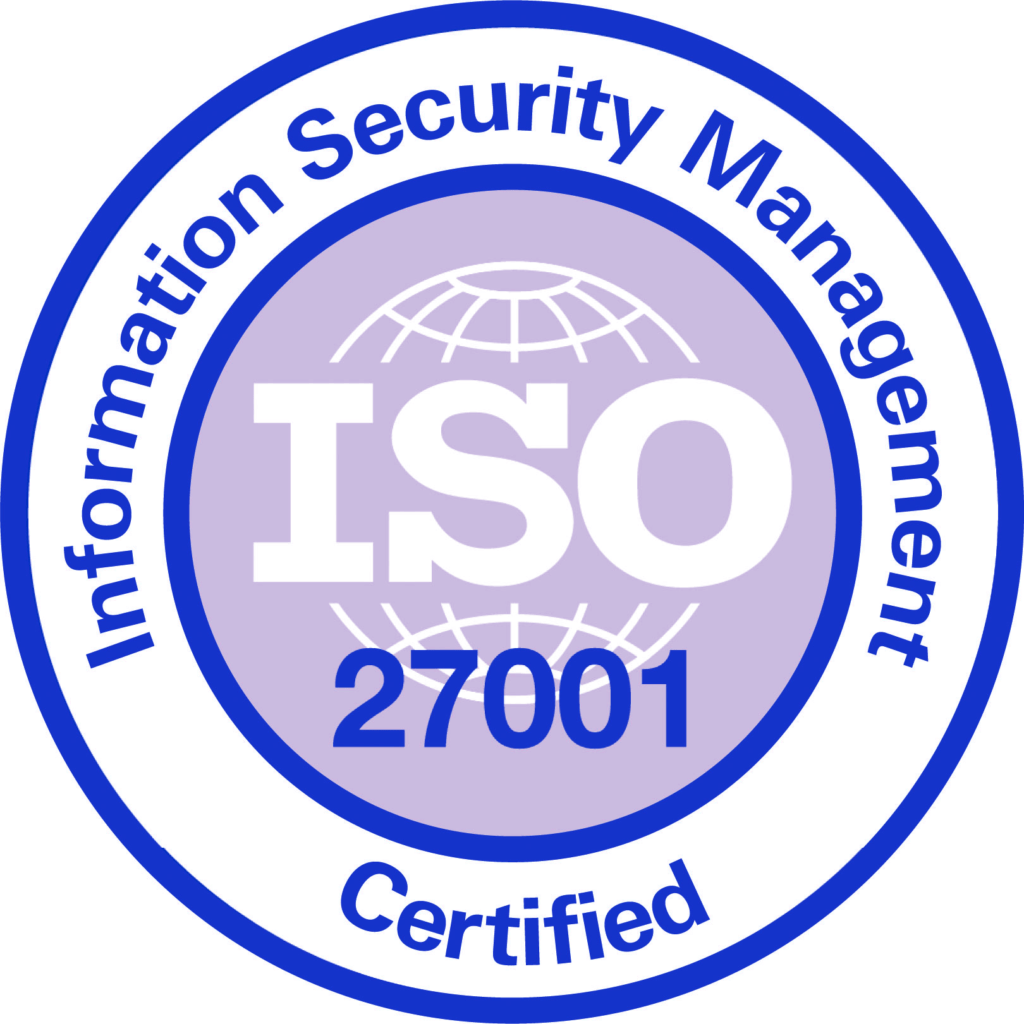Hot Office: the What, Why and How?
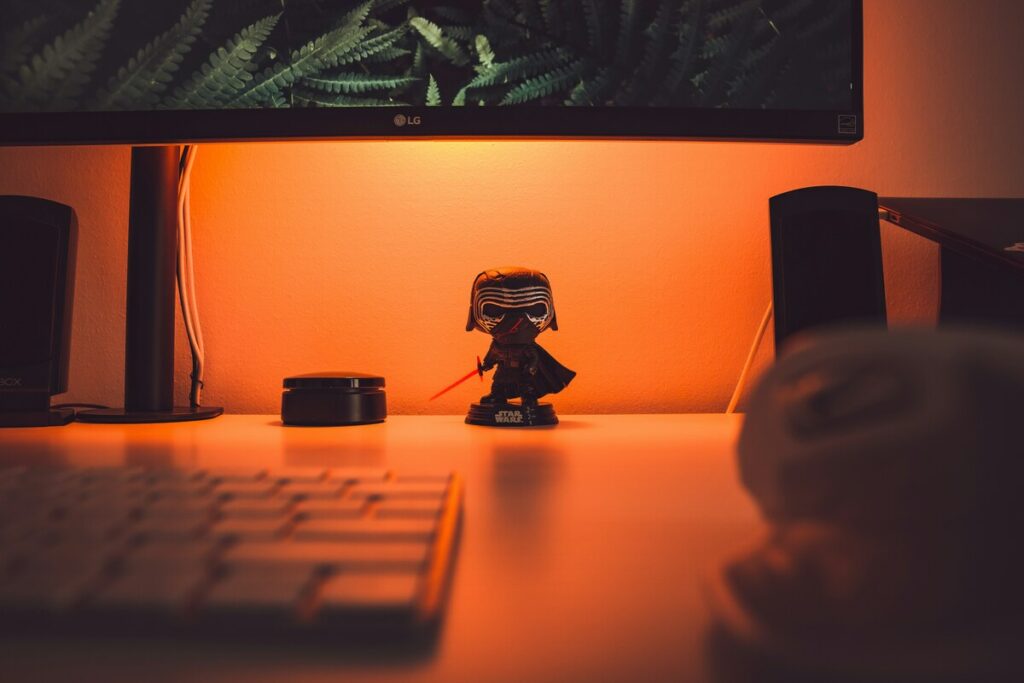
In today’s rapidly evolving work environment, businesses are constantly searching for ways to optimise productivity, foster collaboration, and reduce costs. One concept that has gained significant traction in recent years is the “hot office.” But what exactly is a hot office, and why is it becoming such a buzzword in modern work culture?
Hoteling Stations: Key Benefits and How to Implement?
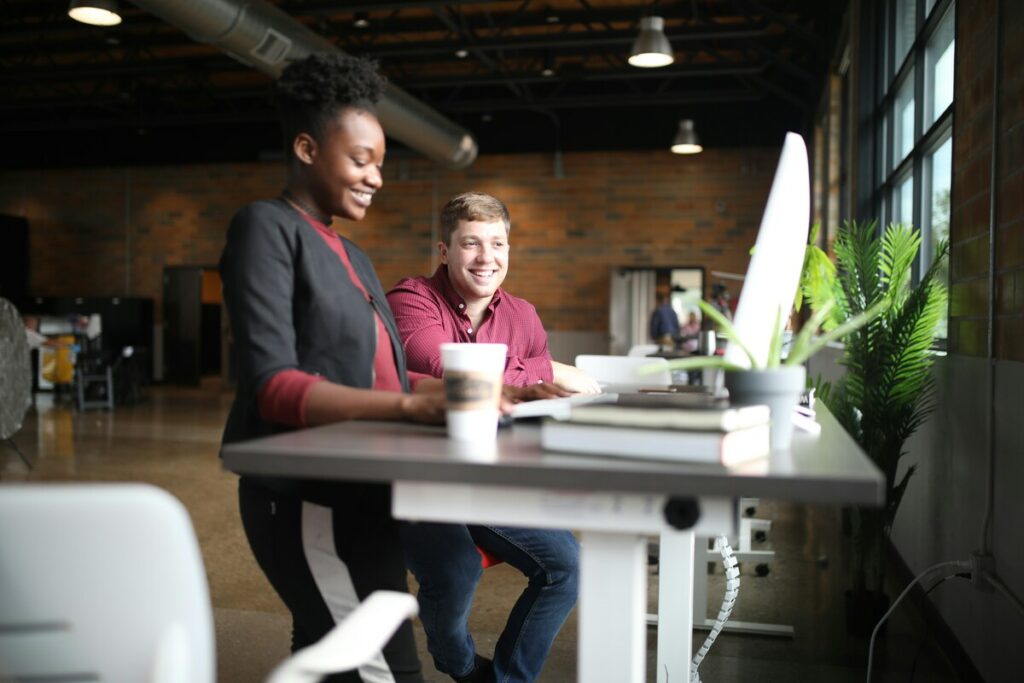
A hoteling station is a workstation that employees can reserve when needed. The station can be any work area, like meeting rooms, collaborative spaces, phone booths or any type of space. Unlike assigned desks, these spaces are shared. Employees book them ahead of time, often using software. This ensures that every space is used effectively.
Ad Hoc Meetings: Meaning and How to Manage Them

Ad hoc meetings are a common occurrence in today’s workplaces. They happen when teams need to address something urgent or unexpected. While they can be incredibly useful, managing them well can be a challenge.
What Is a Smart Workplace? 7 Key Features and Implementation

One of the most significant trends in the changing workforce is the rise of the smart workplace. These high-tech offices use the latest tools and technologies to make work more efficient, flexible, and comfortable. In this article, we’ll explore what a smart workplace is, its key features, benefits, and challenges.
9 Workplace Trends That Will Define the Future of Work
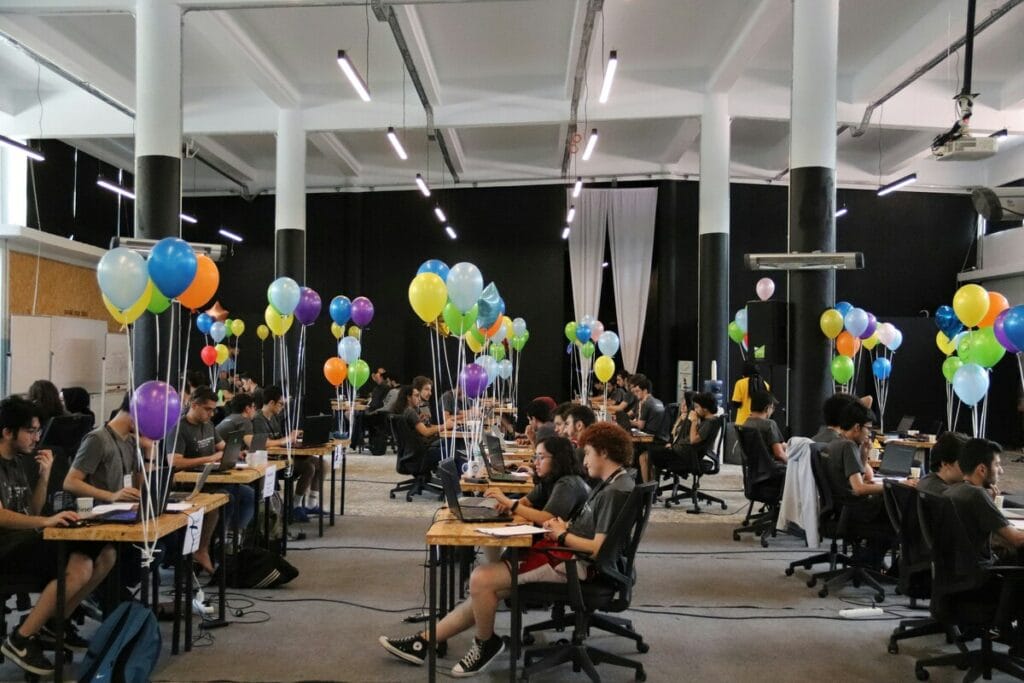
Workplace trends are evolving at a rapid pace. In recent years, how we work has shifted, with remote work, hybrid models, digital tools, and new office setups becoming the norm. So, what’s next?
Rules in a Meeting: How to Avoid Wasting Time?

Meetings are essential for teamwork, but without clear rules in a meeting, they can waste time. Many people feel meetings are too long or unproductive. This is why establishing rules is important. They help keep discussions on track and ensure every participant stays engaged.
What Are Workplace Services? Examples & How to Choose?

Effective workplace services ensure everything runs efficiently and employees stay productive. With the rise of hybrid work models, flexible office layouts, and advanced technology, the importance of these services has only risen. Companies must balance delivering exceptional employee experiences and managing operational costs. In this guide, we’ll explore the essential services every office needs, why they’re crucial for business success, and how to choose the best services to meet your company’s unique needs.
Workstation Area Ideas to Boost Productivity

Workstation areas impact employee focus and comfort. A well-planned space boosts efficiency and well-being. However, poor design can cause distractions and discomfort. With hybrid work, offices must adapt. Some employees come in daily, while others visit occasionally. This makes workstation planning even more important.
This guide will cover key aspects of workstation areas. We’ll discuss layouts, ergonomics, technology, and best practises. You’ll also learn how data can help optimise your office setup.
Office Seating Arrangement Tips for Modern Workplaces
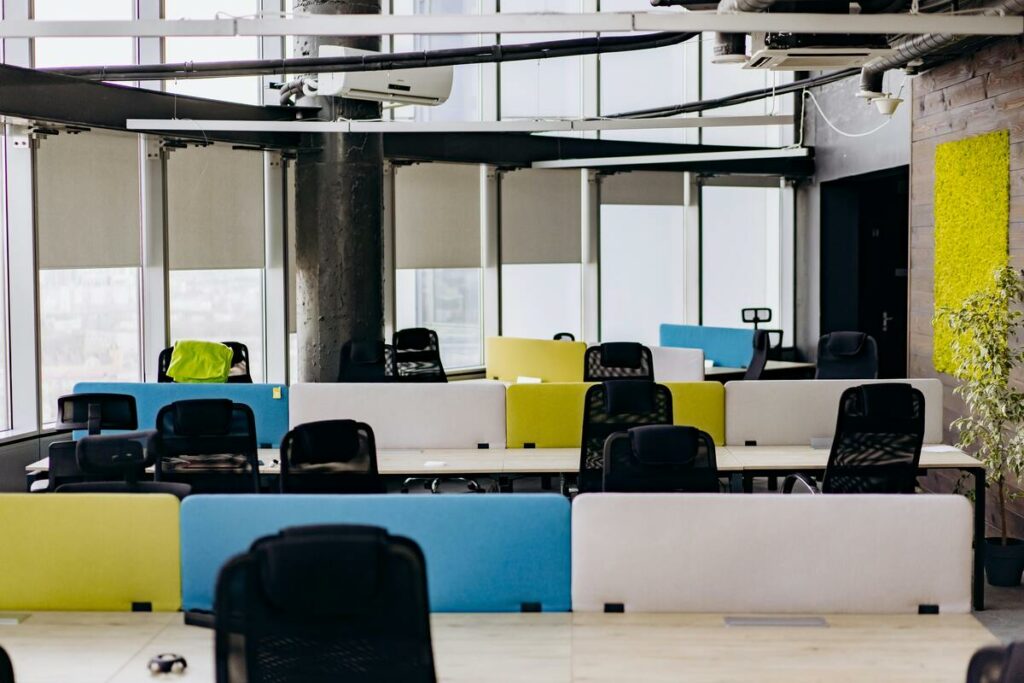
Office seating arrangements affect productivity. A well-planned layout enhances focus and teamwork. Poor planning leads to distractions, discomfort, and inefficiency. Companies need seating strategies that work for all employees. The rise of hybrid work adds new challenges.
The Workplace Manager: Key to Office Efficiency

The role of the workplace manager has changed. It is no longer just about managing office space. Today, it is about creating smart, efficient, and employee-friendly workplaces.
With hybrid work becoming the norm, companies need strategic workspace planning. The workplace manager ensures that offices remain functional, engaging, and cost-effective.

